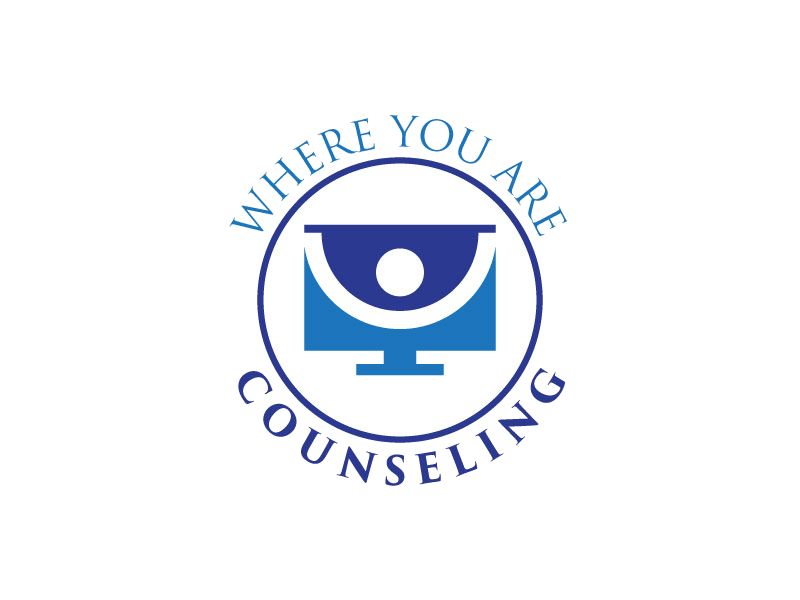Is it Time for Me to Get a Therapist?
Is it Time for Me to Get a Therapist?
If you are like a lot of people around… you’re exhausted. The energy it takes to juggle all of life’s expectations can weigh on anyone going through the responsibilities of work, family, and self. In a world where everyone seems to be emotionally struggling, how do you know when it’s time FOR YOU to do something to make a change. In this world where most people are expected to pick themselves up on their own, it can be hard to identify when FOR YOU is it time to ask for help? This article is to help you clarify WHEN it’s time.
Some people seek therapy because they’ve been feeling depressed, anxious, or angry for a long time. Others may want help because a chronic illness is interfering with their physical AND emotional well-being. Still others may have short-term problems they need help with, such as navigating through a divorce, facing an empty nest, feeling overwhelmed by a new job or grieving a family member’s death. Signs that you could benefit from therapy include:
You feel an overwhelming, prolonged sense of helplessness and sadness.
Your problems don’t seem to get better despite your efforts and help from family and friends.
You find it difficult to concentrate on work or to complete other everyday activities.
You worry excessively, expect the worst, or are constantly on edge.
Your actions, such as drinking too much alcohol, using drugs or being aggressive, are harming you and others.
You have a lack of enjoyment of things you used to enjoy (such as lack of sleep)
What therapy is and what therapy isn’t
In therapy, counselors apply clinically proven procedures to help people develop healthier, more effective habits. There are several approaches to therapy — including cognitive-behavioral, interpersonal, solution-focused, and other kinds of talk therapy — that help individuals work through their problems. Therapy is a collaborative treatment based on the relationship between a person and a therapist/psychotherapist. Grounded in dialogue, it provides a supportive environment that allows you to talk openly with someone who’s objective, neutral, and nonjudgmental. You and your therapist will work together to identify and change the thought/behavior patterns that are keeping you from feeling your best. In addition to being there to hear your struggles, the purpose is to identify what is distorted or unhealthy and teach you what to change in order to feel better.
Success and failure can often be subjective, so expectations set around the goals and outcome of therapy are considered a major aspect of your experience, so discussion about this is important. A therapist is there to give you education and guidance, we cannot tell you how to live your life. Even if you have had a bad experience in the past, it is worth it to try therapy again. I encourage people to spend the time finding a therapist who you get along with who is ALSO trained in helping your specific issues. This will help with the (normal) nervousness in the first few sessions, and set up for the best success moving forward. Those committed to overcoming the obstacles of therapy often find it has made a world of difference.
If you’ve made it to the end of this article and any of this rings true for you then, YES, IT’S TIME to see a therapist. Real change can be a long, hard, emotional journey, but it will be worth every cent and all the time. You will come out of it a better person.
A good therapist is the best investment you can make.
